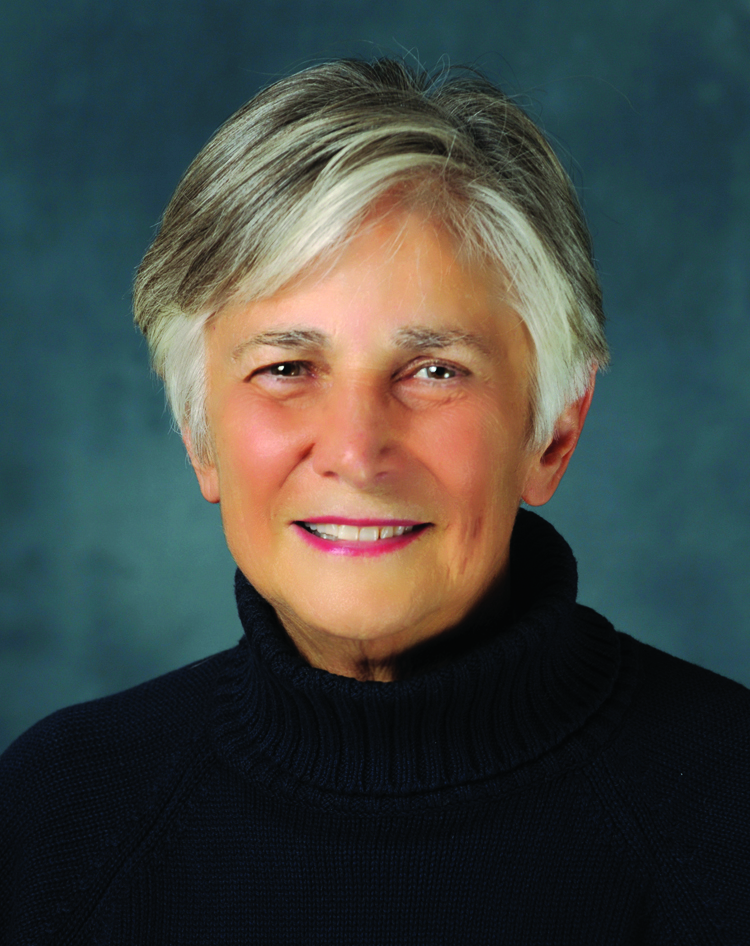Dyett Hunger Strikers Are Fed By an Educational Vision
It is September 13, 2015, Day 28 of the Dyett Hunger Strike. Parents are physically starving and the children are hungry for a quality education. The Hunger Strike Continues!
By Bob Simpson | Originally Published at Daily Kos. September 13, 2015 12:12 PM EDT | Photographic Credit; Hunger Strikers and supporters hold a candlelight vigil near the Chicago home of President Obama. | All photos by Bob 'BobboSphere' Simpson. More Photos
The words of James Weldon Johnson’s “Lift Every Voice and Sing” echoed down Drexel Ave on Chicago’s South Side the mild summer evening of September 8, 2015. Down the street from the Chicago home of President Obama, the Dyett hunger strikers and their supporters, holding candles in the deepening darkness, shared this song that is often called the Black National Anthem:
“Lift every voice and sing
Till earth and heaven ring
Ring with the harmonies of Liberty;
let our rejoicing rise,
high as the listening skies, let it resound loud as the rolling sea
sing a song full of faith that the dark past has taught us,
sing a song full of the hope that the present has brought us;
facing the rising sun of our new day begun,
Let us march on till victory is won. ”
Till earth and heaven ring
Ring with the harmonies of Liberty;
let our rejoicing rise,
high as the listening skies, let it resound loud as the rolling sea
sing a song full of faith that the dark past has taught us,
sing a song full of the hope that the present has brought us;
facing the rising sun of our new day begun,
Let us march on till victory is won. ”
It was an opportunity for the hunger strikers and their supporters to reflect on the centuries-old African American struggle for freedom and their role in the struggle—Day 23 of the hunger strike to create the Walter Dyett High School for Global Leadership and Green Technology at the now closed Dyett High School building in Chicago’s Washington Park.
The hunger strike is now at Day 28 as of this writing and the Chicago Board of Education has finally opened talks with the strikers. There is a cautious optimism that perhaps the Dyett struggle, which in one form or another has been going on for at least 6 years, will reach a milestone in its journey toward education justice.
When Dyett was closed earlier in 2015, there were no more open enrollment neighborhood high schools left in the South Side Bronzeville neighborhood it once served.
The hunger strikers have been willing to put their lives on the line for quality education, an African American tradition that goes back to slavery times.
'Even when we were in slavery black people fought for schools. And our ancestors evacuated the South to come here, to find a better life for their children…. The institution that our ancestors fought for and won—we’ve got to reclaim it.'
~ Jitu Brown a Hunger Striker and member of the Kenwood Oakland Community Organization (KOCO) and the Coalition to Revitalize Dyett.

Jitu Brown with hunger striker Irene Robinson(left)
KOCO plays a key role in the Coalition to Revitalize Dyett (which I will refer as the Coalition for the rest of this article), the organization that is out to transform the now closed Dyett High School into a 21st century freedom school. These are their demands for reopening the school:
- Green Technology in school name and in school curriculum.
- Global leadership/ world studies curriculum
- Duane Turner as the school principal, who was selected by Coalition to Revitalize Dyett
- Fully elected local school council in year 1.
- Coalition to Revitalize Dyett represented on design/planning team with 6 members in prominent positions. Those who paid protesters to support closing Dyett cannot be on planning team.
- The school must retain the name Walter H. Dyett.
- Vertical curricular alignment with the 6 feeder schools identified in the Coalition proposal.
- Community school (open till 8pm daily, with programs and resources for parents, students and the community)
The proposal envisions a rich full curriculum of the humanities, the arts, math, music, world languages, science and physical education as well as green empathyeducates - Dyett Hunger Strikers Are Fed By an Educational Vision:



















